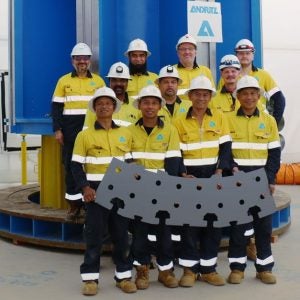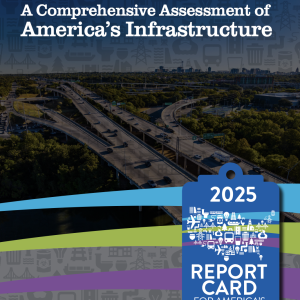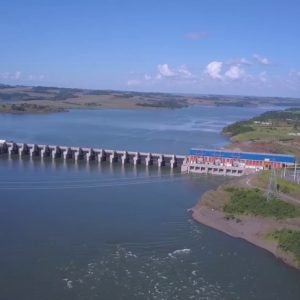
Swedish wave energy firm CorPower Ocean has entered into a significant partnership with AltaSea, the leading blue economy research and development center in the US. The Memorandum of Understanding (MOU), signed at the Port of Los Angeles, signifies CorPower Ocean's strategic move to pave the way for its expansion into the American market.
Under the terms of the agreement, CorPower Ocean will gain access to AltaSea's expansive 35-acre campus strategically located at the nation's busiest seaport. This collaboration aims to facilitate the development of cutting-edge ocean energy solutions within the American market.
This announcement aligns with the US’ ongoing efforts to promote the integration of renewable energy sources, fueled by a substantial $369 billion investment in climate and energy programs through the Inflation Reduction Act of 2022. Furthermore, California, where the partnership is based, has passed legislation specifically enabling the deployment of wave energy with unanimous and rare bi-partisan support in its Senate.
"We’re hugely motivated by the prospect of developing a wave energy industry in the US, accelerating the energy transition and stimulating long-term jobs and wealth creation,” said Anders Jansson, Head of Business Development at CorPower Ocean. “We have been steadily ramping up activity in the US for several years. Our collaboration with AltaSea strengthens this foundation, opening up a tremendous resource in California and other west coast states. We believe wave energy will play a vital role in America’s future energy transition as a consistent power source with the ability to provide stability to the clean energy mix. This will ensure renewable energy can be delivered 24/7 in line with demand, reducing market volatility. Ultimately, we are looking to help pave the way to 100% renewable energy systems delivering 24/7 carbon free energy with the lowest cost and highest resilience."
The MOU outlines plans for CorPower Ocean and AltaSea to build upon years of research aimed at quantifying the value of wave energy's consistent power profile, which complements existing wind and solar resources. Studies on 'Multiple Energy Systems' have shown that a high proportion of wave energy, ranging from 10% to 25%, could be integrated into the energy mix on the West Coast of the US, contributing to a more sustainable and cost-efficient energy system.
California-specific studies using the GenX model have indicated that wave energy, to the tune of 55GW, could be part of the lowest-cost mix to achieve zero carbon emissions between 2040-2050. Despite initial higher levelized costs of wave energy compared to wind and solar, the complementary production profile ultimately allows for a smaller, cost-efficient energy system.
With over 95,000 miles of coastline and nearly 130 million residents in coastal counties, the US possesses immense potential for wave energy generation. Waves off the nation's coast could produce 2.64 trillion kilowatt hours of electricity annually, accounting for approximately 64% of the nation's total utility-scale electricity generation in 2021.
Terry Tamminen, AltaSea's President & CEO and former Secretary of the California Environmental Protection Agency (CalEPA), expressed excitement about the collaboration. He said: “We're thrilled to be expanding our wave energy coalition with CorPower Ocean, widely recognized as one of the world's leading wave energy technology developers. Wave energy is a rapidly advancing sector that holds significant potential to both accelerate the pace and lower the cost of the clean energy transition. We look forward to working closely with CorPower Ocean to raise greater awareness among investors and project developers in our joint efforts to harness wave energy's full potential across California's coast."
AltaSea, a non-profit research and development center situated on a 35-acre campus at the Port of Los Angeles, is committed to scientific and educational collaboration aimed at advancing the emerging blue economy through innovation, business and workforce development initiatives, and job creation, with a particular focus on solutions to combat climate change. The campus houses prestigious institutions such as the University of Southern California and UCLA, as well as innovative tech startups like Blue Robotics and RCAM Technologies.






